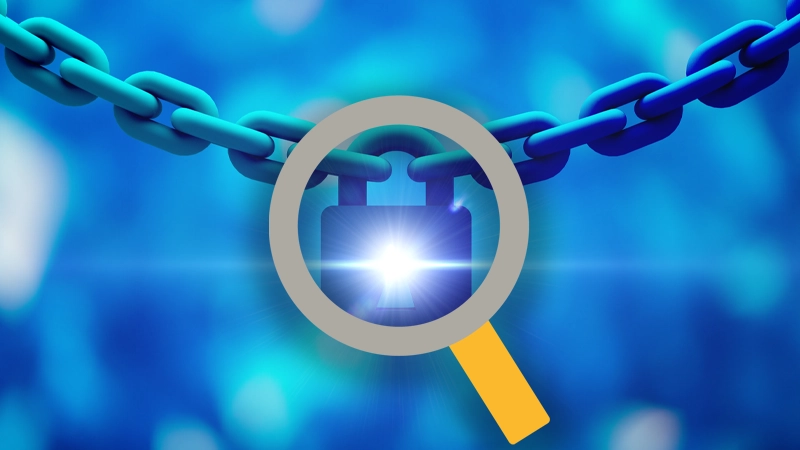Data Compliance Solutions
Maintain Worldwide Compliance With Customizable Automation
The Expanding Landscape of Privacy Laws and Regulations
The business world runs on data, but if that data were to fall into the wrong hands, it could be detrimental to organizations and individuals alike. To help combat this, various governments and organizations have released data protection rules that span industries and individuals, all aimed at protecting the most vital currency: data.
Multiple laws and mandates around the world continue to push for higher standards of protection on personal and sensitive data. Building sustainable compliance begins with comprehensive optics into the sensitivity of the data and automatic organization-wide control over it.
Maintain Worldwide Data Compliance with PKWARE
Ongoing Protection and Compliance
Compliance is a constantly active status that must grow and scale as your data volumes increase. Detect, protect, and monitor sensitive data in real-time, continuous processes while providing executives with an on-demand consolidated view of compliance and risk positions.







